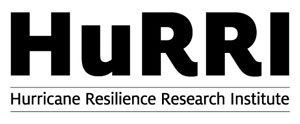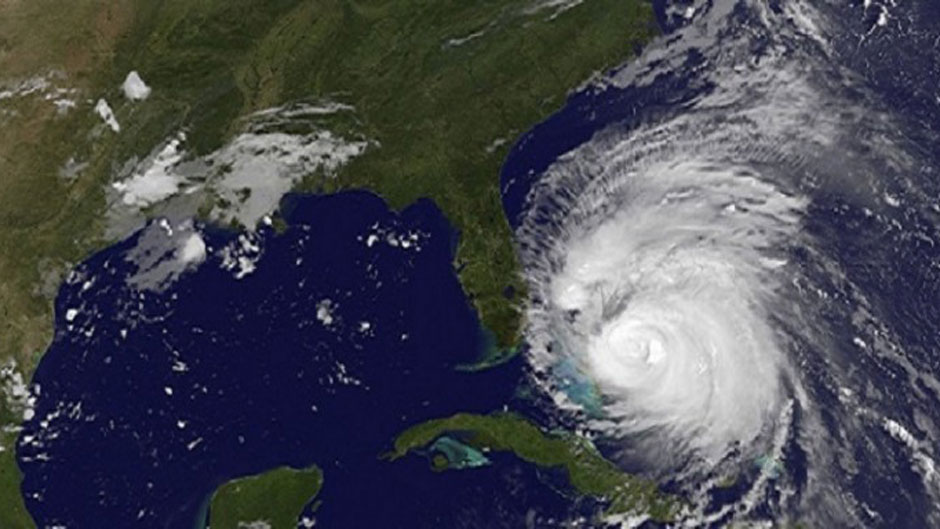A new multi-institution research center will focus on helping the Gulf coast do better at preparing for and mitigating the damage and loss of lives from hurricanes and other severe storms.
The Hurricane Resilience Research Institute (HuRRI) draws upon the strengths of its seven participating universities, from flood mitigation and hurricane modeling to public policy.
 Housed at the University of Houston (UH), the institute includes seven universities located in states spanning the Gulf of Mexico: UH, Rice University, the University of Texas at Tyler, Texas Tech University, Louisiana State University, the University of Miami (UM) and the University of Florida.
Housed at the University of Houston (UH), the institute includes seven universities located in states spanning the Gulf of Mexico: UH, Rice University, the University of Texas at Tyler, Texas Tech University, Louisiana State University, the University of Miami (UM) and the University of Florida.
“After an active and deadly 2017 hurricane season, the partners identified a need to accelerate hurricane recovery through innovative resilience solutions and enhanced infrastructure,” said Jean-Pierre Bardet, dean of the UM College of Engineering. “We look forward to engaging in multidisciplinary partnerships not just within our own institution, but with our partner institutions, to further research and collaboration between atmospheric scientists and engineers regarding data and solutions for hurricane resilience.”
Partnerships across the University will include the College of Engineering; Rosenstiel School of Marine and Atmospheric Science; the schools of Business Administration, Communication, Architecture, and Nursing and Health Studies; and the Department of Public Health Sciences at the Miller School of Medicine. UM’s involvement in the institute will be led by Dean Bardet and Derin Ural, associate dean and professor in practice at the College of Engineering.
The concept came together after hurricanes Harvey, Irma and Maria plowed through Texas, Florida and Puerto Rico, illustrating the need to look at severe storms and their aftermath in a different way, shared Amr Elnashai, vice president for research and technology transfer at UH. HuRRI members will conduct research, outreach and educational initiatives to better prepare communities by enhancing the resilience of the two states – Florida and Texas – that experience the most hurricanes.
“Much attention has been paid to understanding how hurricanes form and move, as well as coastal vulnerabilities,” Elnashai said. “But there has not been a systems view that accounts for the interactions and inter-connectivity of impact and resilience of all societal support functions, to manage assessment, impact, response and recovery as a continuum, thus protecting vulnerable communities.”
HuRRI will be led by Hanadi Rifai, John and Rebecca Moores Professor of civil and environmental engineering at UH, whose work includes an ongoing study of the chemical and microbiological contamination in Houston waterways after Harvey.
Each institution brings unique research capabilities – in engineering, science, policy, education and technology – and significant institutional support that will be supplemented with external grants, contracts and cooperative agreements to launch projects in hurricane resilience.
Rifai said the institute’s work will focus on “anticipating and accommodating” the storms’ impact, rather than the current model of waiting for a storm to pass and then devoting funding to repair and recovery. “It will take an enormous number of resources to influence a paradigm change and offer evergreen solutions for hurricane resilience for affected communities,” she said.
Applications for the first round of research funding will be due in early 2018. Researchers from the seven institutions will be eligible to apply for the initial round of internal funding, which will require collaboration with at least one faculty member from another member institution.

